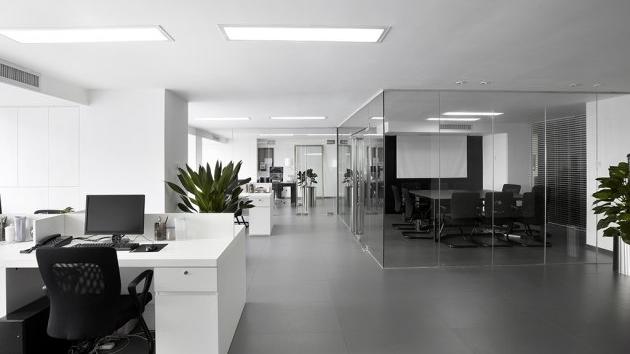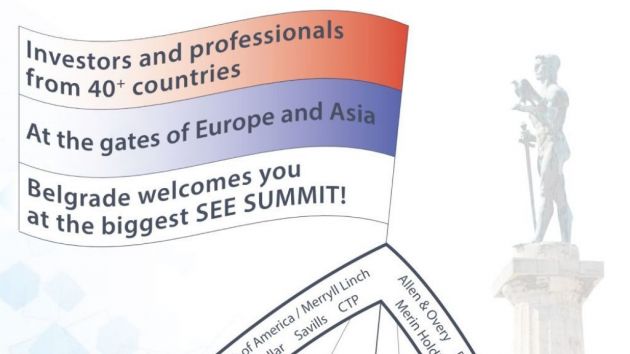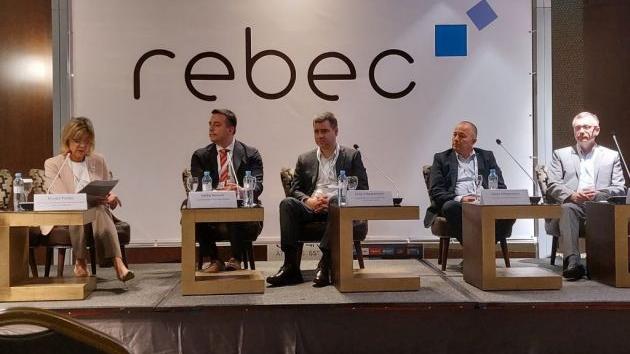REBEC 2023 – Investors Interested in Investing in Hotels in the Region, Belgrade Lacks Accommodation Capacities, Problems with Infrastructure and Labor Force
Source: eKapija
 Thursday, 22.06.2023.
Thursday, 22.06.2023.
 13:53
13:53
 Thursday, 22.06.2023.
Thursday, 22.06.2023.
 13:53
13:53
Illustration (Photo: Hadrian/shutterstock.com)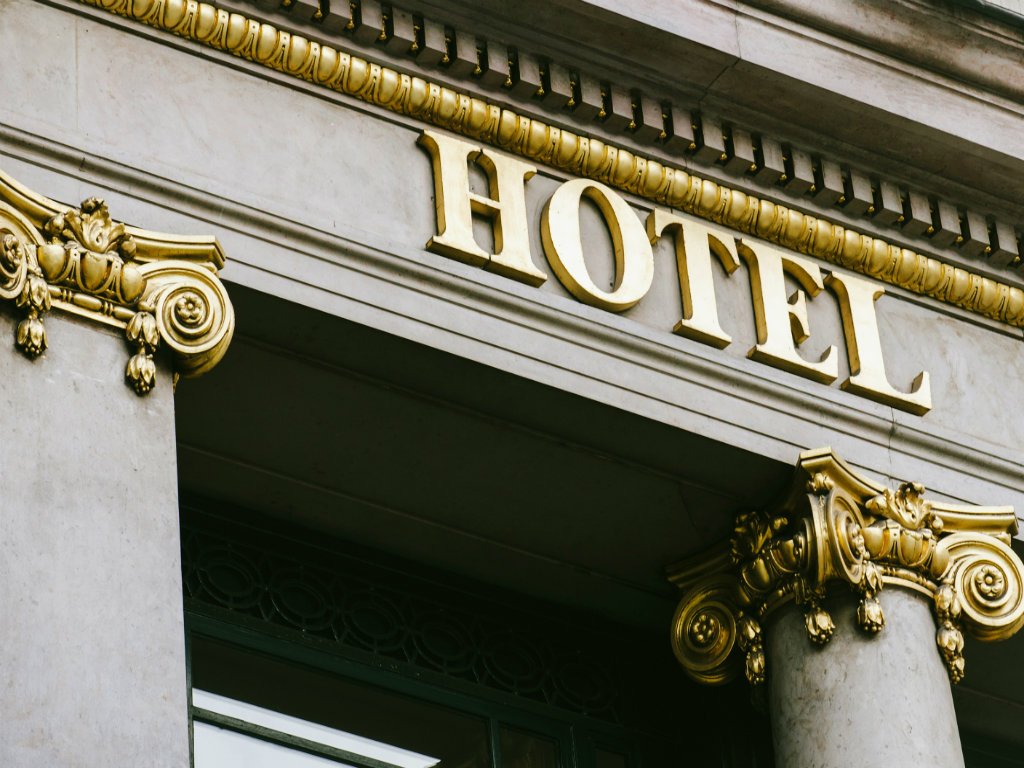

– At the end of 2023 and the beginning of 2024, traveling in Europe is expected to go back to the pre-pandemic levels, primarily because the Chinese are returning, who haven’t traveled in several years. Also, a considerable number of arrivals of American tourists is expected, as is an increase in business trips – said Ivana Neskovic, STR Director, Sales & Client Services.
Aleksandar Vasiljevic, Hilton Belgrade, General Manager, pointed out that, before Covid, there had been a pattern of arrivals of foreign tourists to Belgrade.
– We have truly had a great recovery in tourism, however, there is no pattern anymore, I couldn’t say now who the people are who are coming to Belgrade – Vasiljevic said.
He added that the rest of Serbia still had a lack of foreign tourists and that everybody associated tourism with events, after which they forgot how important it is for a country.
He pointed out that Belgrade lacked accommodation capacities.
– I believe that we don’t have enough capacities in Belgrade. When Sava Centar opens at the end of the year, we will certainly be 600-1,000 keys short – Vasiljevic believes.
Igor Kovacevic, Faculty of Economics and Business, University of Belgrade PhD, Associate Professor, agrees that increasingly more guests are coming to Belgrade on business and that it is good that Sava Centar is being renovated.
– We now compete not just with Ljubljana and Zagreb, but also with Vienna, New York – Kovacevic says.
He adds that the cooperation of investors, institutions and a wider community is also needed.
– Everybody should work together. Large brands are coming to take a piece of the cake, but they also need to use the influence of their brand and contribute to that cake, that is, to attract tourists – Kovacevic stated.
According to him, the rest of Serbia is also developing at an increased rate, namely, Vrdnik, Zlatibor, Kopaonik.
Renata Pindzo Ph.D, Associate Professor FEFA and Communication director FIC, Belgrade Fefa & FIC agrees that there is a tourism investment cycle in progress in Serbia at the moment.
– There is an ongoing investment cycle, but it seems that, outside Belgrade, in certain locations, there is “overinvesting”, and I’m afraid that it will turn out not to be a good way – Pindzo believes and adds that the situation in Belgrade is somewhat different after all.
When asked whether there is institutional support to the development of tourism, she says that there is, but that it is often merely declarative.
– For over 15 years, we have been talking about the potentials, and some progress is visible, but more needs to be done. There is support, but it is not sufficient – Renata pointed out.
Illustration (Photo: Pixabay.com/Ming Dai)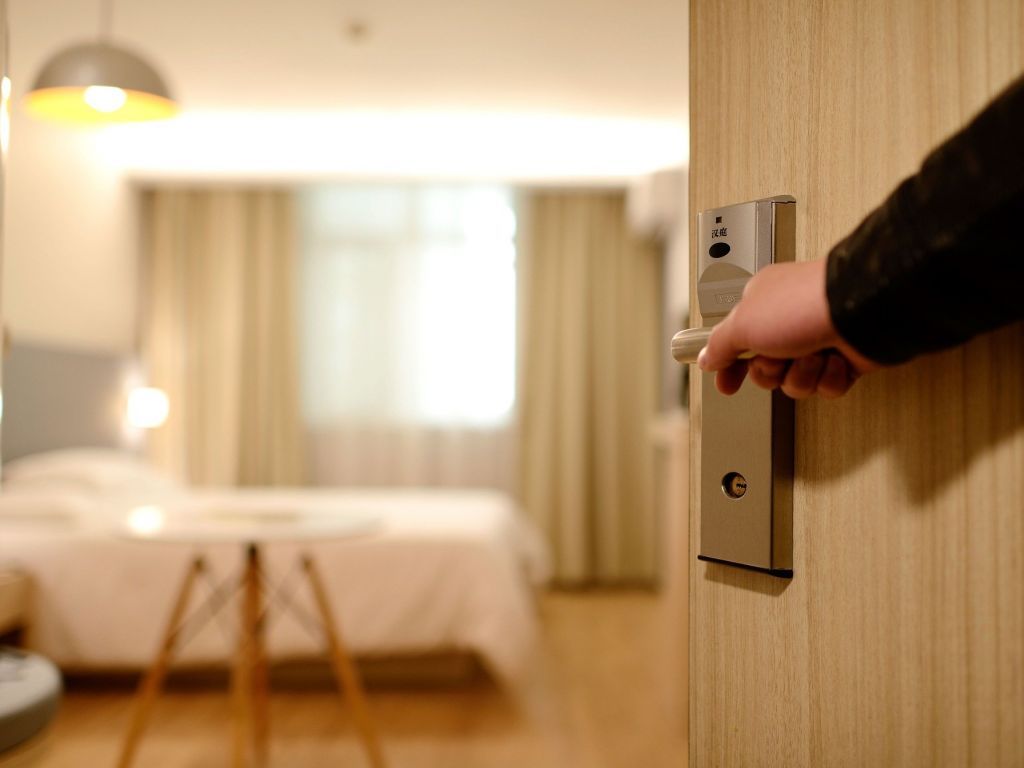

Problematic areas – infrastructure and labor force
For a quicker development of tourism and the hospitality sector, the region needs better infrastructure, the speakers at the panel “Hot Spot Hospitality Developments in SEE Region” agreed.
Sandra Calvo Tardajos, Eurostars Hotels (Hotusa Group), Business Development Director, pointed out that, from the angle of a Spanish company, it was difficult to arrive to this market.
– It is difficult to enter this market, when the infrastructure is not what you expect. Belgrade has better infrastructure compared to Montenegro or Albania, but there’s still room for improvement here – Calvo Tardajos pointed out.
Nicholas Dimopoulos, Development Manager-Greece, Italy & Cyprus, Wyndham Hotels & Resorts, agrees with her and says that the infrastructure, that is, connectivity, is the biggest challenge for tourism in this region.
– If things don’t change, there will be problems. Private investments need to go hand in hand with public investments – believes Dimopoulos.
If the region wants more investments and a higher number of tourists, it needs better infrastructure, agrees Zivorad Vasic, Director of Development the Balkans, IHG.
Slovenia, for example, has fantastic infrastructure. I believe that Albania is to grow in importance when it comes to tourism, it is developing fast, the infrastructure is becoming better, but it certainly needs to improve more, Bosnia and Montenegro need help in upgrading the infrastructure. In Serbia, the situation has been better in the past five to six years – said Vasic.
An important challenge to the growth of tourism in the region, in addition to the infrastructure, is the lack of labor force.
– For a long time, this sector has been in the last place when it comes to salaries and labor conditions, now that is changing. FIC and Hores have been investing in training courses and labor force in the past years, but managers need to know that the salary is no longer enough. The labor force is issue number one and, in this area, strong cooperation between the public and private sectors is needed – pointed out Renata Pindzo.
Among other things, the pandemic has had an impact on the labor force problem, believes Igor Kovacevic.
– Covid has created this image of tourism as an unreliable sector, and banks have even refused to lend to employees in hotels – Kovacevic said.
He underlines that there is also a problem with young people and their expectations when it comes to a career in hospitality.
– Everybody would like to be a manager or a director, but they don’t believe that you start off being a doorman. I don’t know who infused them with those expectations, perhaps their parents – he points out.
Aleksandar Vasiljevic, General Manager at Hilton Belgrade, believes that the young don’t have the patience that this job requires.
– There are increasingly few people who have the patience that is needed for the hospitality sector. That is why we recruit, train, give out scholarships, seek talents. The salaries are going up, and young people who come from faculties, the generation Z, expect a higher salary than what they can earn, and that is a big problem – Vasiljevic says.
He adds that they are already looking for employees from abroad.
I. Zikic
Tags:
REBEC 2023
STR
Hilton Belgrade
IHG
Faculty of Economics and Business University of Belgrade
Eurostars Hotels Hotusa Group
Wyndham Hotels and Resorts
Ivana Nešković
Aleksandar Vasilijević
Igor Kovačević
Živorad Vasić
Sandra Calvo Tardajos
Nicholas Dimopoulos
Belgrade and Serbia Hospitality potential
Hot spot Hospitality developments in SEE region
Comments
Your comment
Most Important News
Full information is available only to commercial users-subscribers and it is necessary to log in.
Follow the news, tenders, grants, legal regulations and reports on our portal.
Registracija na eKapiji vam omogućava pristup potpunim informacijama i dnevnom biltenu
Naš dnevni ekonomski bilten će stizati na vašu mejl adresu krajem svakog radnog dana. Bilteni su personalizovani prema interesovanjima svakog korisnika zasebno,
uz konsultacije sa našim ekspertima.


 Izdanje Srbija
Izdanje Srbija Serbische Ausgabe
Serbische Ausgabe Izdanje BiH
Izdanje BiH Izdanje Crna Gora
Izdanje Crna Gora


 News
News









